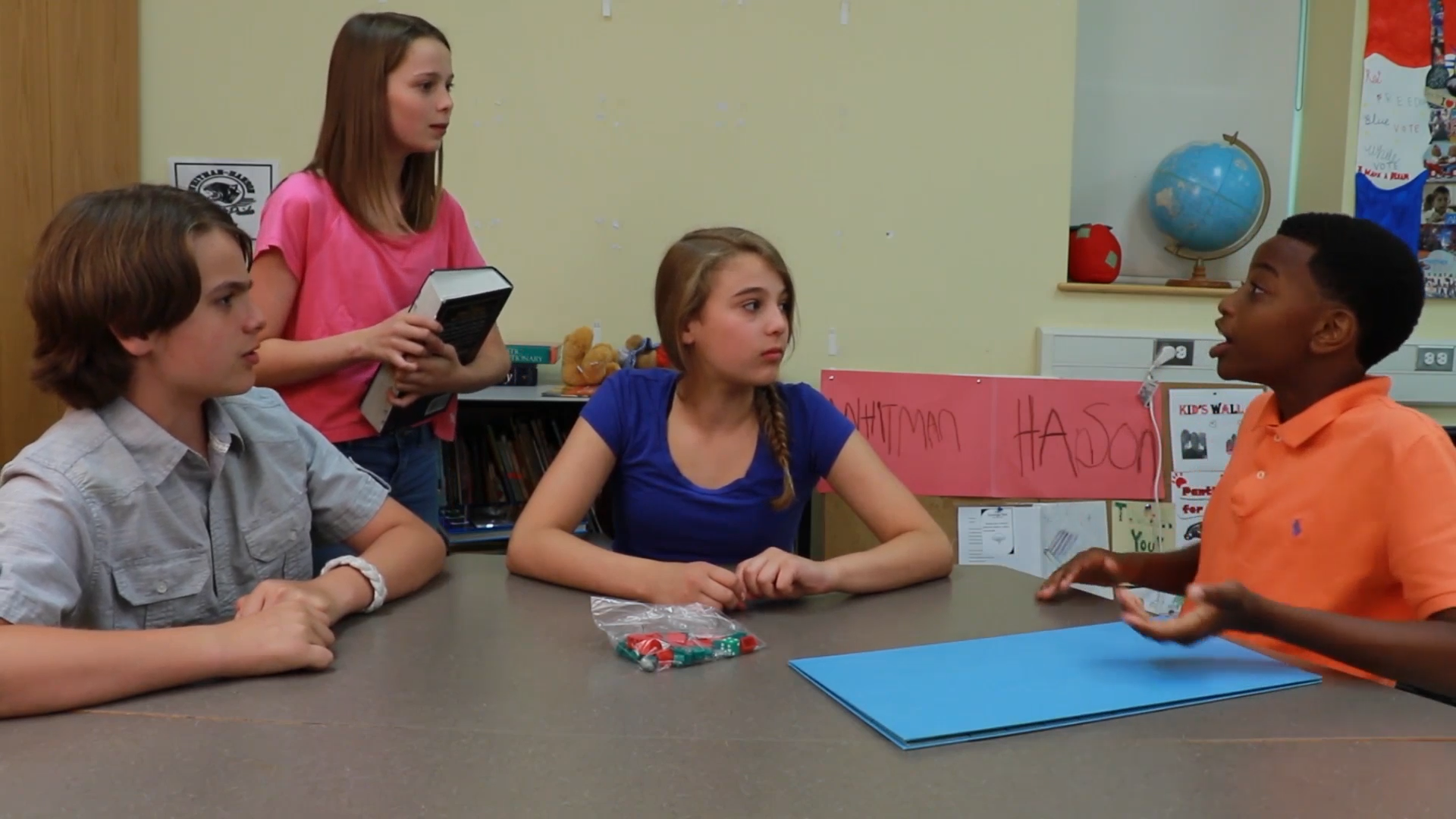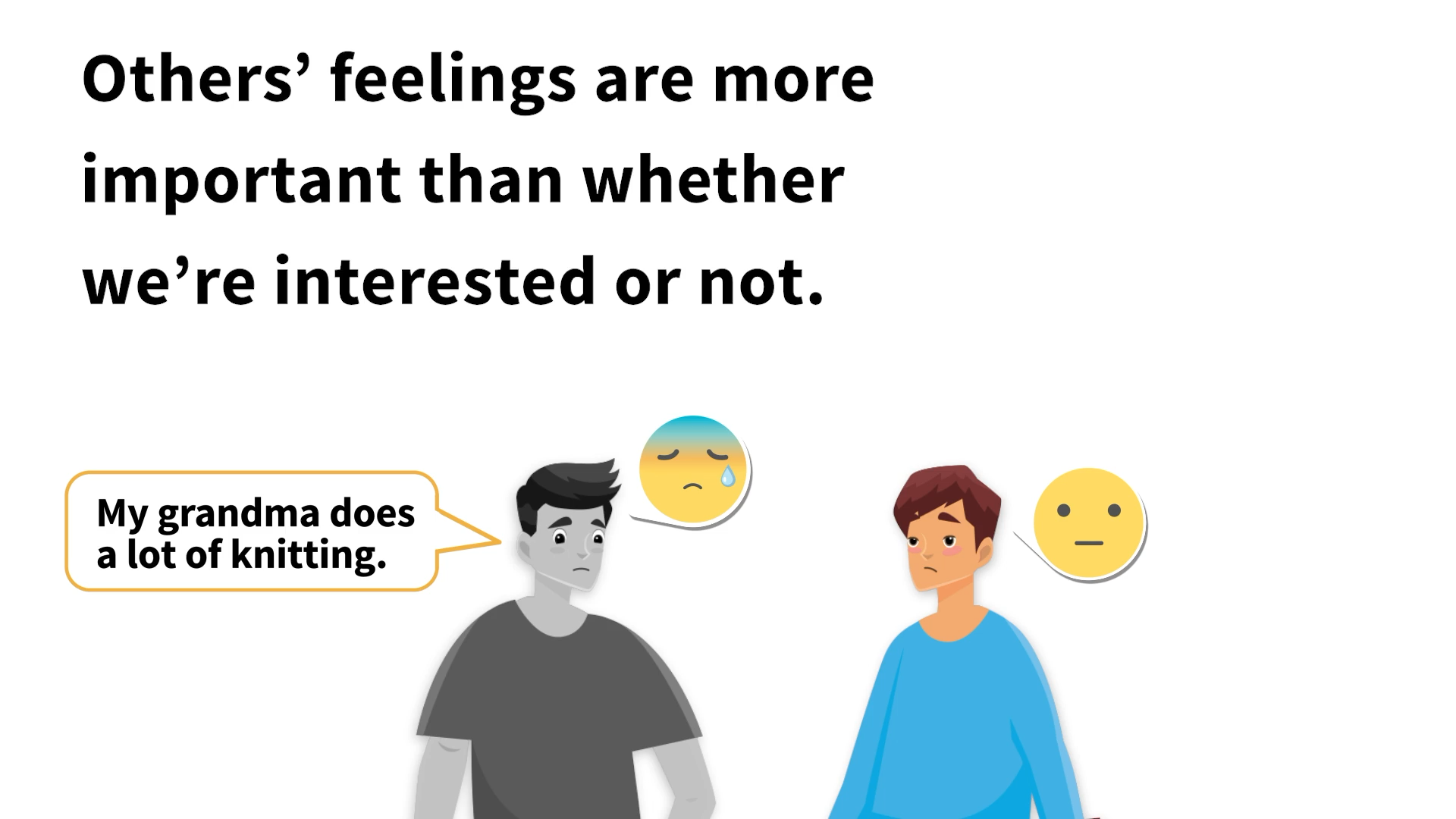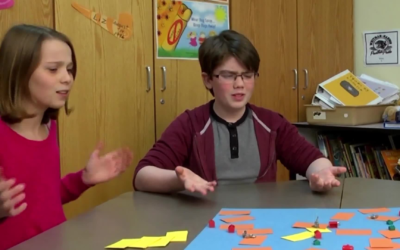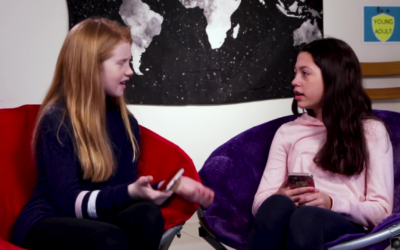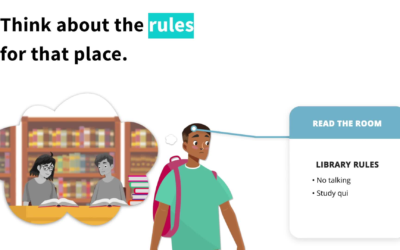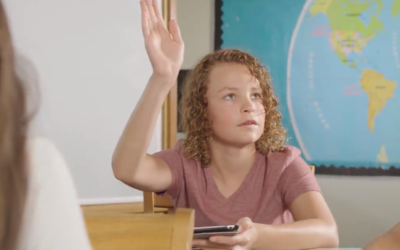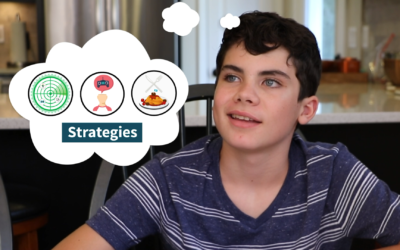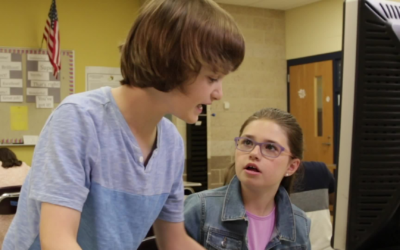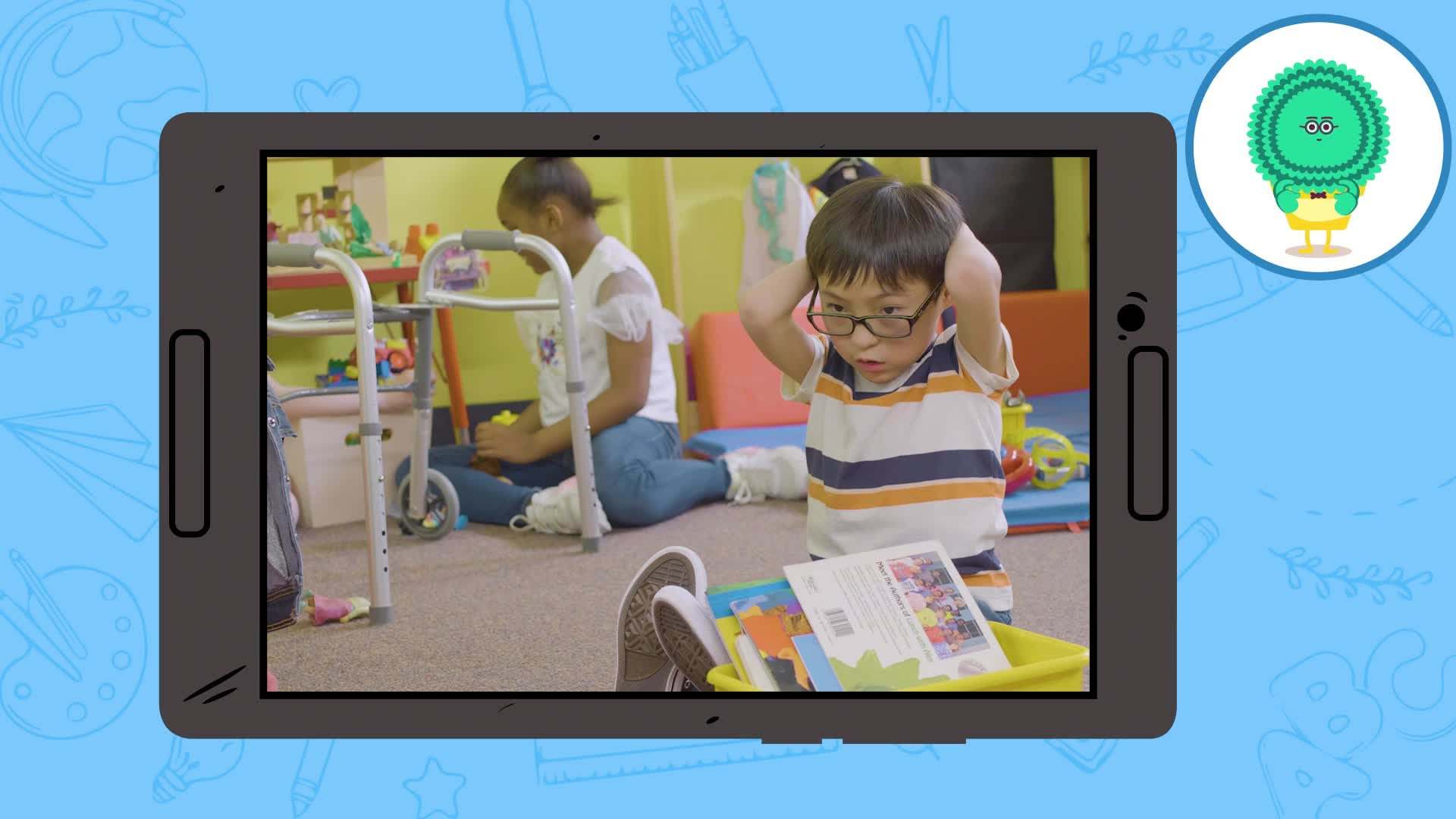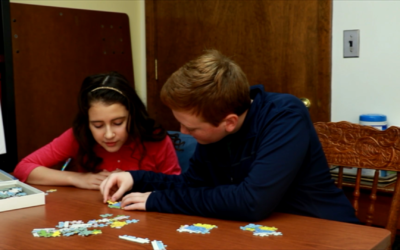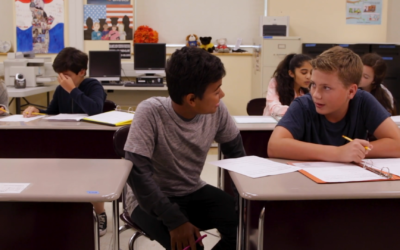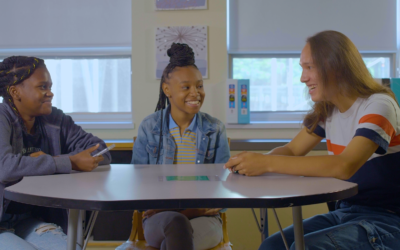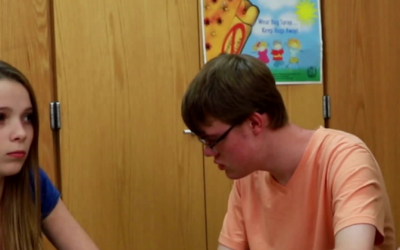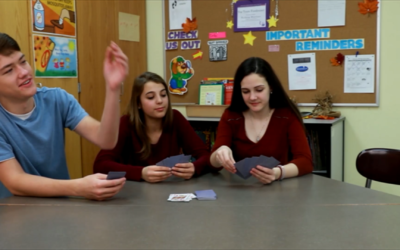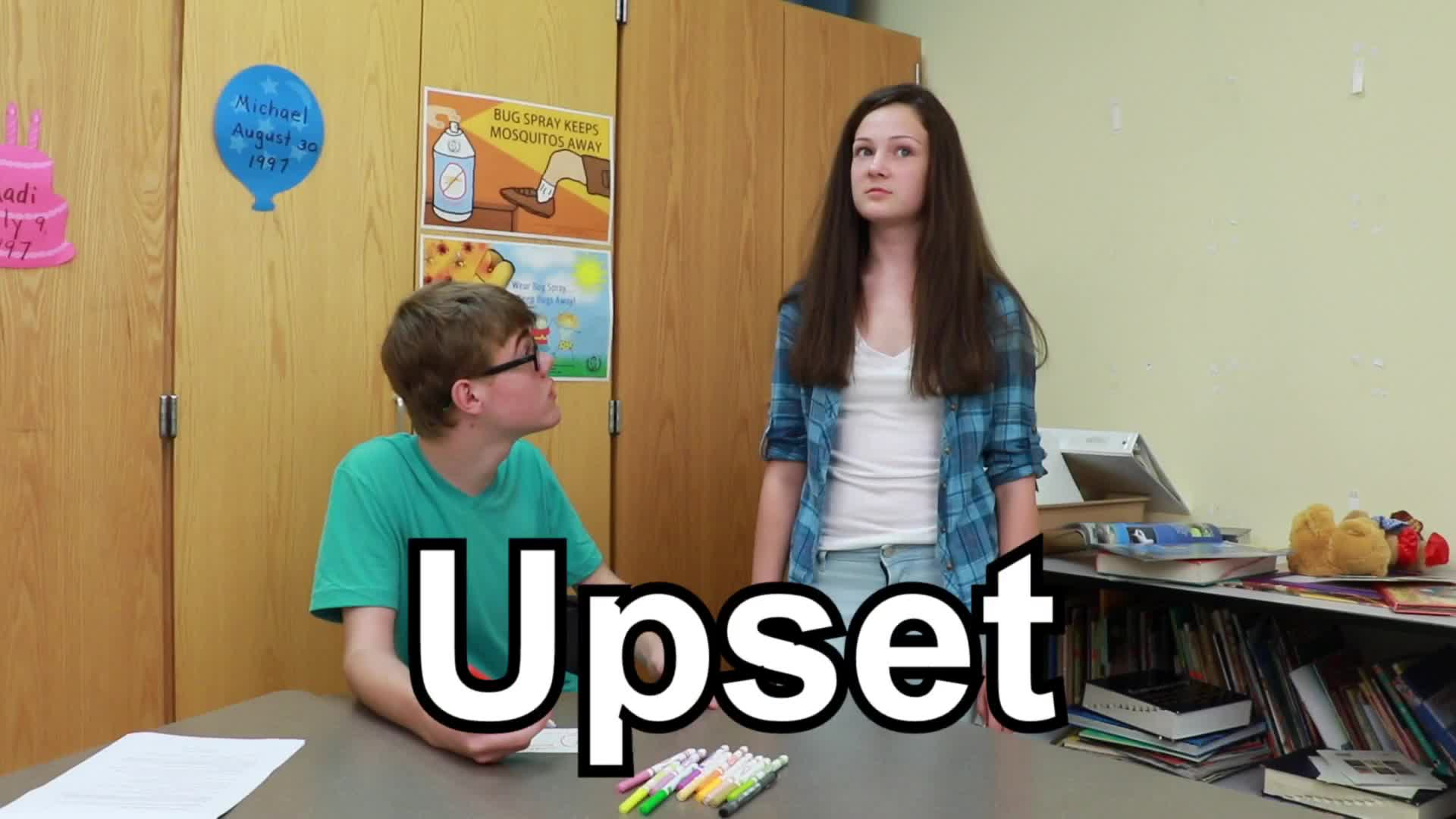Everyday Speech Blog
Social Skill Lesson Plans and Articles
No Results Found
The page you requested could not be found. Try refining your search, or use the navigation above to locate the post.
No-Prep Activities
Teaching Kindergarten Students: Being Flexible vs. Being Rigid
Introduction In this blog post, we will explore a crucial aspect of Social-Emotional Learning for kindergarten students: understanding the difference between being flexible and being rigid. By learning to recognize and adapt to changes, children can develop healthier...
Teaching Students in Special Education to Act Interested When They’re Not
Introduction As educators, we strive to teach our students various social-emotional skills that will help them succeed in life. One such skill is learning how to act interested when someone is talking about something that may not be particularly engaging. It's...
Teaching Body Language Recognition to Special Education Students
Introduction: As educators, one of our goals is to help students develop their social skills and understand the nuances of human communication. A crucial aspect of this is teaching them to recognize and interpret body language, which plays a significant role in...
Cyber Skills: Staying Safe and Connected in the Digital World
Introduction Using our phones and social media can be a fun way to connect and stay in touch with our friends. However, it's essential to make sure we use our Cyber Skills to avoid putting ourselves in dangerous situations. Cyber Skills are smart ways to use...
Teaching Students to Read the Room: A Social-Emotional Learning Guide
Introduction In our daily lives, we constantly share spaces with others and adapt our behavior based on the situation at hand. This vital skill is called Reading the Room. Reading the Room involves assessing the environment, people's moods, and using these clues to...
Teaching High School Students to Advocate for Their Learning Accommodations
Introduction High school students have diverse learning, social-emotional, and sensory needs. Ensuring that these needs are met can greatly impact their success in school. Accommodations are tools and strategies that help students overcome barriers and perform at...
PreK Party Skills: Topic Radar, Restaurant Rules, and Self-Controller
Introduction Attending parties and social events can be both exciting and challenging for PreK students. To help them navigate these situations, we can teach them three essential skills: Topic Radar, Restaurant Rules, and Self-Controller. These skills enable students...
Teaching Kindergarten Students about Waiting and Safe Hands
Introduction Teaching young children the importance of waiting and using safe hands is essential for their social-emotional development. In this blog post, we will discuss how to introduce these concepts to kindergarten students in a fun and engaging way. By learning...
Helping Students Refocus When They Feel Disappointed: Activities and Discussion
Introduction When students face disappointment, it is essential to equip them with the skills to refocus their minds and navigate their emotions effectively. This not only helps them cope with setbacks but also fosters a healthy social-emotional learning environment....
Teaching PreK Students to Respect Personal Boundaries and Work Together
Introducing young children to the principles of Social-Emotional Learning (SEL) is essential for their development. In this blog post, we will explore a no-prep activity and discussion questions that help teach PreK students the importance of respecting personal...
Building Strong Friendships: Activities and Discussions for Elementary Students
Introduction Friendships are an essential part of every child's social and emotional development. They provide a sense of belonging, support, and understanding. For elementary students, forming strong friendships can sometimes be challenging. In this blog post, we...
Teaching Self-Advocacy Skills with Friends: Activities & Discussion
Introduction Self-advocacy is a crucial skill for students to develop, enabling them to express their needs, thoughts, and feelings to their friends. By practicing self-advocacy, students can communicate when they feel uncomfortable, are treated unfairly, or wish to...
Teaching Good Sportsmanship to Kindergarten Students
Introduction Educators working with Kindergarten students often focus on developing essential social-emotional skills that help them navigate their world. One of the critical skills for young children is understanding that they can't win all the time. When playing...
Teaching Inclusivity and Kindness to Elementary Students
Introduction Creating an inclusive and kind environment is essential for the development of young students. Social-Emotional Learning (SEL) helps educators teach these values by providing tools and strategies that encourage students to be more empathetic and...
Teaching Empathy: Understanding Different Thoughts and Feelings
Introduction In today's interconnected world, it is essential for students to develop empathy and an understanding of different thoughts and feelings. This blog post aims to provide educators with an easy-to-follow guide on teaching elementary students the importance...

